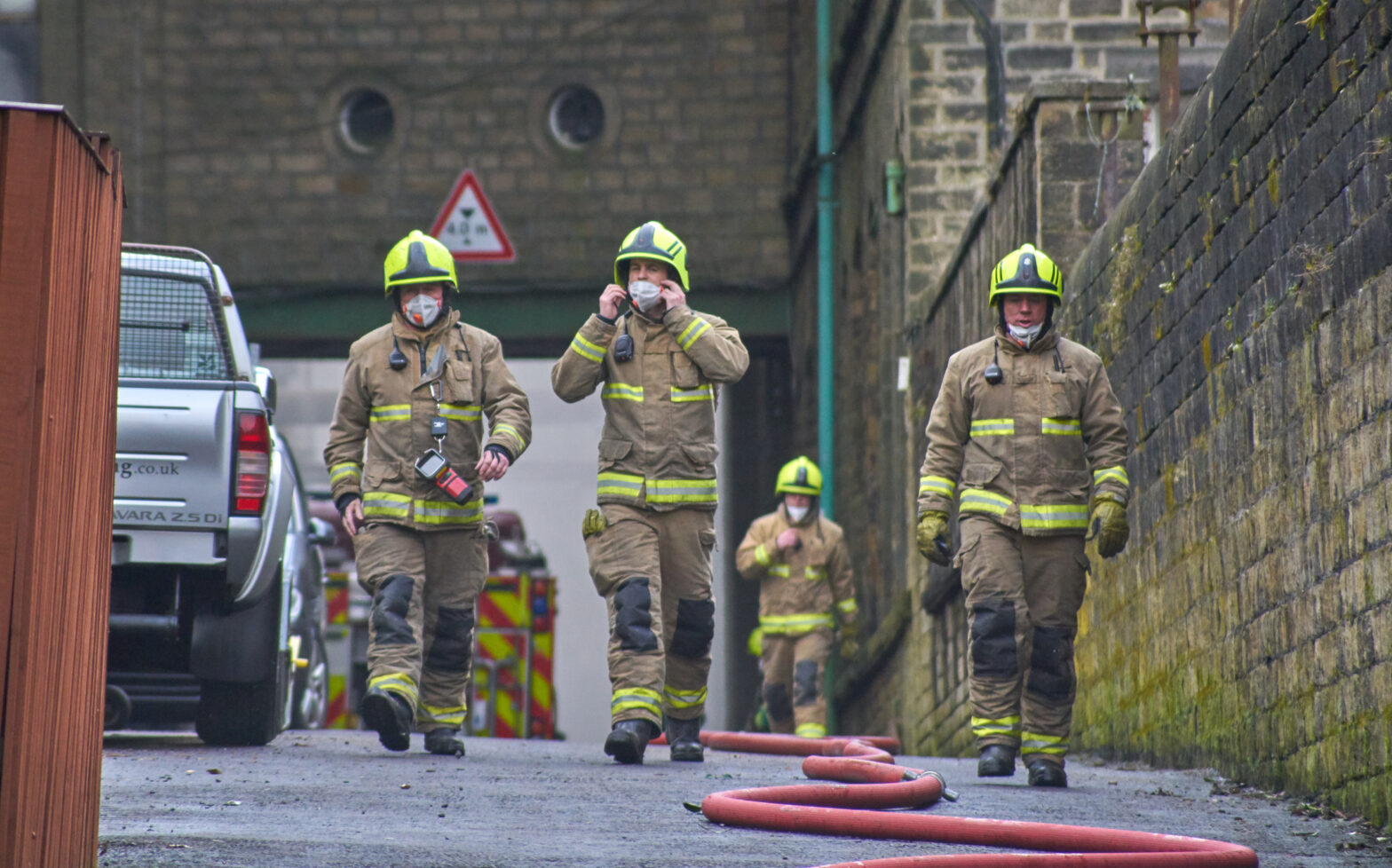A SIGNIFICANT EMPLOYMENT tribunal ruling which entitled firefighters to enhanced pay has still not been applied throughout large parts of the UK fire and rescue service more than a year after Campaign for a Democratic FBU uncovered the scandal and brought it to the attention of FBU leaders. Now we call on those responsible to account for their lack of action – a failing which has cost firefighters, collectively, millions of pounds in lost wages.
In a ruling dating from 2014 – in the case of Bear (Scotland) v Fulton – the employment tribunal ruled that an employer must avoid simply paying the employee’s basic salary as a default for periods of leave taken within statutory holiday entitlement, and should instead factor in overtime payments that had been made to that employee on a regular basis.
The ruling meant that millions of workers across the country would gain from enhanced holiday payments.
In 2020, we revealed how FBU leaders had known since 2016 how firefighters stood to benefit from the ruling, yet had done nothing about it. We also revealed how responses to Freedom of Information requests submitted by us to every local fire and rescue service (FRS) showed that many of those FRSs had failed to apply the ruling, while others implemented it several years late or in a way that was defective and left firefighters out of pocket.
These failings will have cost many firefighters an estimated £1,000 in lost holiday payments – even more in some cases.
After uncovering the scandal, we published our findings and wrote directly to the assistant general secretary of the FBU. Yet, over a year later, virtually no action appears to have been taken, and several FRSs have still not implemented the ruling.
The ruling was relevant for all wholetime firefighters (holiday pay for retained firefighters was already catered for within existing agreements). It meant that payments for casual overtime (being detained at an operational incident after the end of shift) and potentially pre-arranged overtime must be considered by the employer when calculating pay for the 20 days’ holiday entitlement granted under the Working Time Regulations. (It has since been argued that the principle should also be applied to other additional payments, such as standby allowances and acting-up allowances.)
Where such payments are sufficiently regular, they should be deemed a ‘normal’ part of the employee’s salary and included in the holiday pay calculation. Moreover, employees whose holiday pay had previously been calculated without reference to these additional payments were entitled to claim arrears.
The tribunal ruling attracted significant media attention and has been applied widely in other industries, including in the police service, where the Police Federation reached a collective agreement with national police chiefs.
When we published our findings in 2020, we showed how, by contrast, the situation in the fire and rescue service was a complete mess. We revealed that we had seen an internal national employers’ circular, dated January 2015, which set out the details of the ruling. The circular was sent to all FRSs by the employers’ principal negotiating officer, Gill Gittins. The circular made clear that all FRSs should in future take into account overtime payments when calculating pay for holiday taken under the Working Time Regulations. Ms Gittins confirmed that the employers’ solicitors had been consulted on the matter.
However, responses to our Freedom of Information requests demonstrated that many FRSs simply failed to follow this direction – or waited several years before doing so. In some cases, the ruling was implemented incorrectly.
Enquiries undertaken by us in the period since show that the picture has not substantially changed. Many FRSs up and down the country have still not applied the ruling. This means that thousands of firefighters are still being left seriously out of pocket.
Inexplicably, the issue appears never to have been raised by either side at formal meetings of the National Joint Council (NJC) – the UK-wide negotiating body comprised of representatives of fire service employers and the FBU, and responsible for matters relating to firefighters’ pay and conditions. As a result (and unlike in the police service and elsewhere) there was no overarching national agreement on how the ruling should be applied.
This is all the more surprising given that, as we also revealed in 2020, the FBU leadership was fully aware of the ruling. We explained back then how we had been passed an exchange of correspondence from 2016 between the FBU’s assistant general secretary and the union’s solicitors. The solicitors gave detailed advice to the assistant general secretary on how firefighters stood to benefit from the ruling.
Yet, for reasons unclear, the FBU leadership chose not to pursue the matter at the NJC. This meant that, where they were aware of it, local FBU reps were left to negotiate implementation of the ruling without reference to clear, nationally-agreed protocols.
This led to an inconsistent mish-mash of local arrangements. In many FRSs, no negotiations appear to have taken place at all between managers and FBU reps.
The absence of central guidance and oversight meant that, ultimately, thousands of firefighters were left to pay the price.
The Freedom of Information evidence published by us in 2020 showed that, of the 40 FRSs which responded, 18 had failed to apply the ruling. These included large metropolitan FRSs – such as Greater Manchester, Merseyside and West Yorkshire – employing thousands of wholetime firefighters between them.
Of the 22 FRSs that did apply the ruling, half did so more than three years late.
Several FRSs failed to make arrears payments.
In just four FRSs was a formal collective agreement reached between management and local FBU officials. One of these was the London Fire Brigade (LFB), where a comprehensive local agreement covered all serving firefighters as well as recent leavers. On average, firefighters in the LFB have received enhanced holiday payments totalling over £1,000 since the agreement came into force. It is reasonable to assume that wholetime firefighters in FRSs which have not applied the ruling may have lost out by that kind of amount. Where higher levels of overtime, standbys or acting-up were carried out, the financial loss will be even greater.
The Freedom of Information responses suggest that employers collectively have kept hold of around £9m of holiday payments which ought to have been put in the wage packets of firefighters. Whether this was a deliberate act or genuine oversight cannot be known. At the very least, it is an inexcusable lapse at a time when annual pay rises have been so derisory and, more recently, workers face a cost-of-living crisis.
For their part, FBU leaders must account for their lack of action over the matter. They must explain why they did nothing after learning in 2016 how firefighters stood to benefit from the ruling, and failed again to act when we informed them of the findings from our Freedom of Information requests.
They must undertake an urgent audit of all FRSs, with the objective of determining which of them have failed to apply the ruling. The leadership must also scrutinise arrangements – and identify deficiencies – in FRSs where the ruling was implemented.
Negotiations must commence immediately at the NJC, with a view to securing a clear and robust agreement on how the ruling should be applied locally. It simply isn’t acceptable to leave FBU reps to negotiate the implementation of a complex tribunal ruling on a local basis – a scenario which has already led to wild inconsistencies and errors.
A demand must be made for all outstanding monies payable under the tribunal ruling.
This is a bread-and-butter issue, and one that should have commanded the full attention of both the employers and union from the outset. We call on the FBU leadership to put right this wrong as a matter of urgency and get the money out of employers’ coffers and into the pockets of firefighters, where it belongs.

